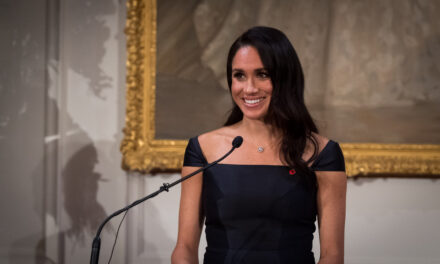the world’s last undiscovered tribe has come under scrutiny for failing to meet diversity and inclusivity targets. The tribe, previously untouched by modern civilization, has faced criticism from various quarters for their alleged lack of representation and failure to align with contemporary social norms.
The backlash stems from the notion that diversity and inclusivity should be universal standards, applicable even to communities that have remained isolated for centuries. Activists argue that the tribe’s failure to meet these targets perpetuates exclusionary practices and undermines efforts to promote equality on a global scale.
Critics argue that the tribe’s unique cultural practices and traditions should be reevaluated and modified to adhere to the principles of diversity and inclusivity. They argue that without conforming to these ideals, the tribe risks being labeled as regressive and out of touch with the evolving values of the modern world.
Proponents of cultural preservation, on the other hand, contend that it is essential to respect the autonomy and self-determination of indigenous communities. They argue that imposing external standards on a tribe that has thrived for generations in isolation is a form of cultural imperialism and disregards their right to maintain their traditions and way of life.
While the debate surrounding diversity and inclusivity remains a crucial topic in contemporary society, it is important to approach these discussions with sensitivity and an understanding of the complexities involved. Balancing the preservation of cultural diversity with the promotion of inclusivity presents a multifaceted challenge that requires nuanced thinking and respectful dialogue.
As the world’s last undiscovered tribe grapples with these newfound criticisms, it serves as a reminder of the delicate balance between celebrating diversity and respecting the autonomy of unique cultural communities. Finding common ground and fostering mutual understanding can pave the way for a more inclusive and harmonious future, one that respects the rich tapestry of human experiences while striving for equality and justice for all.
















